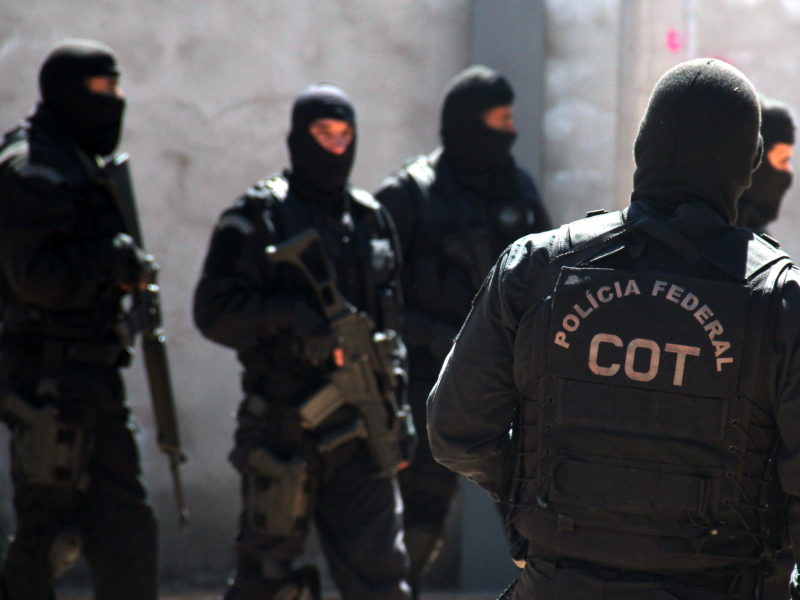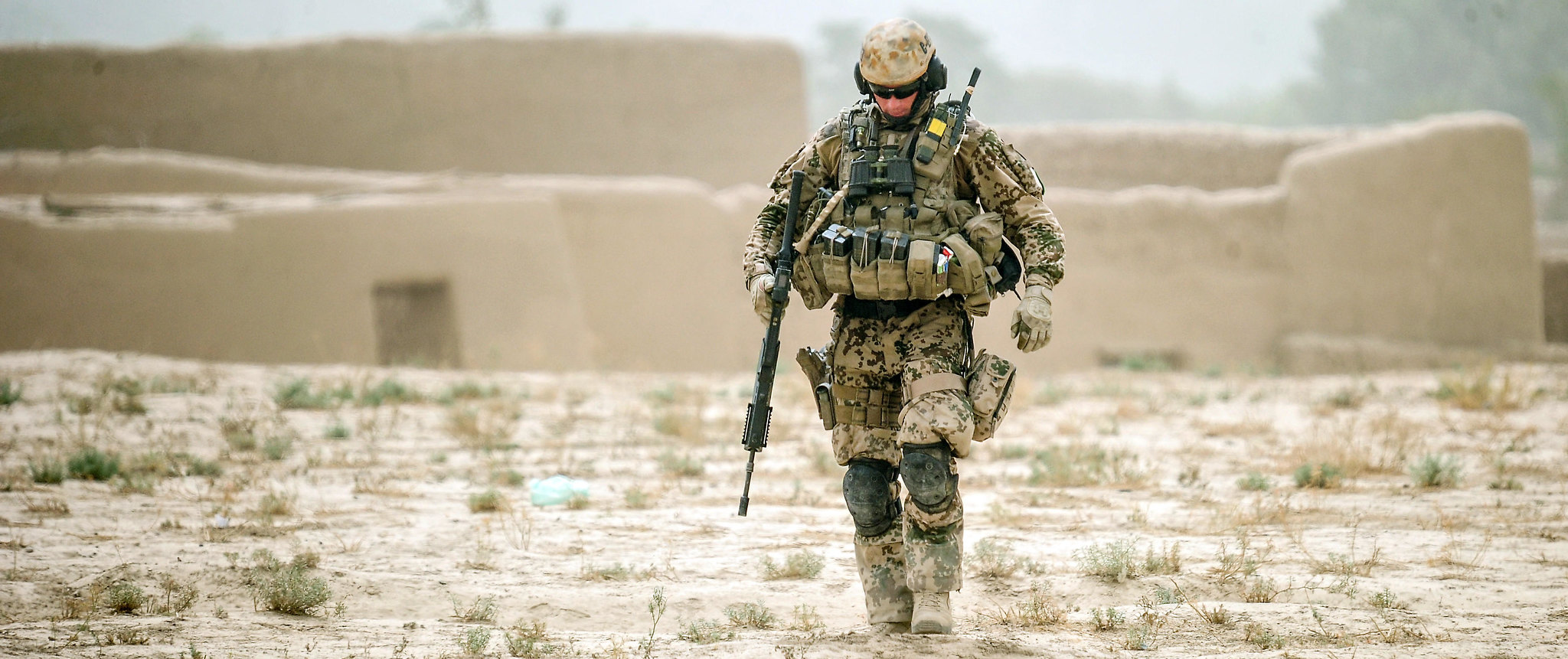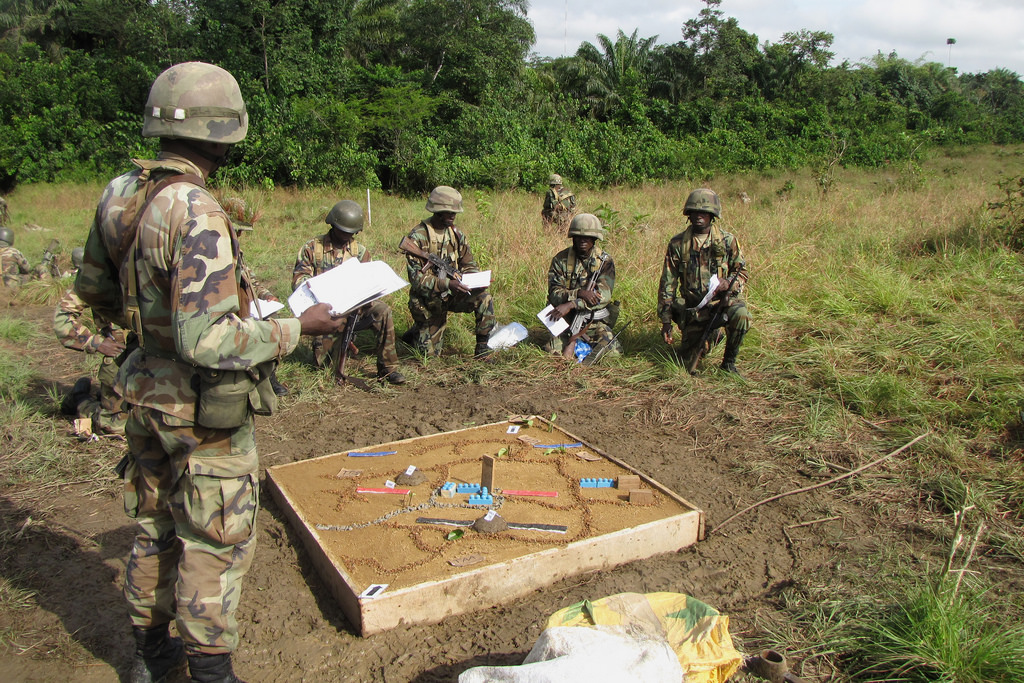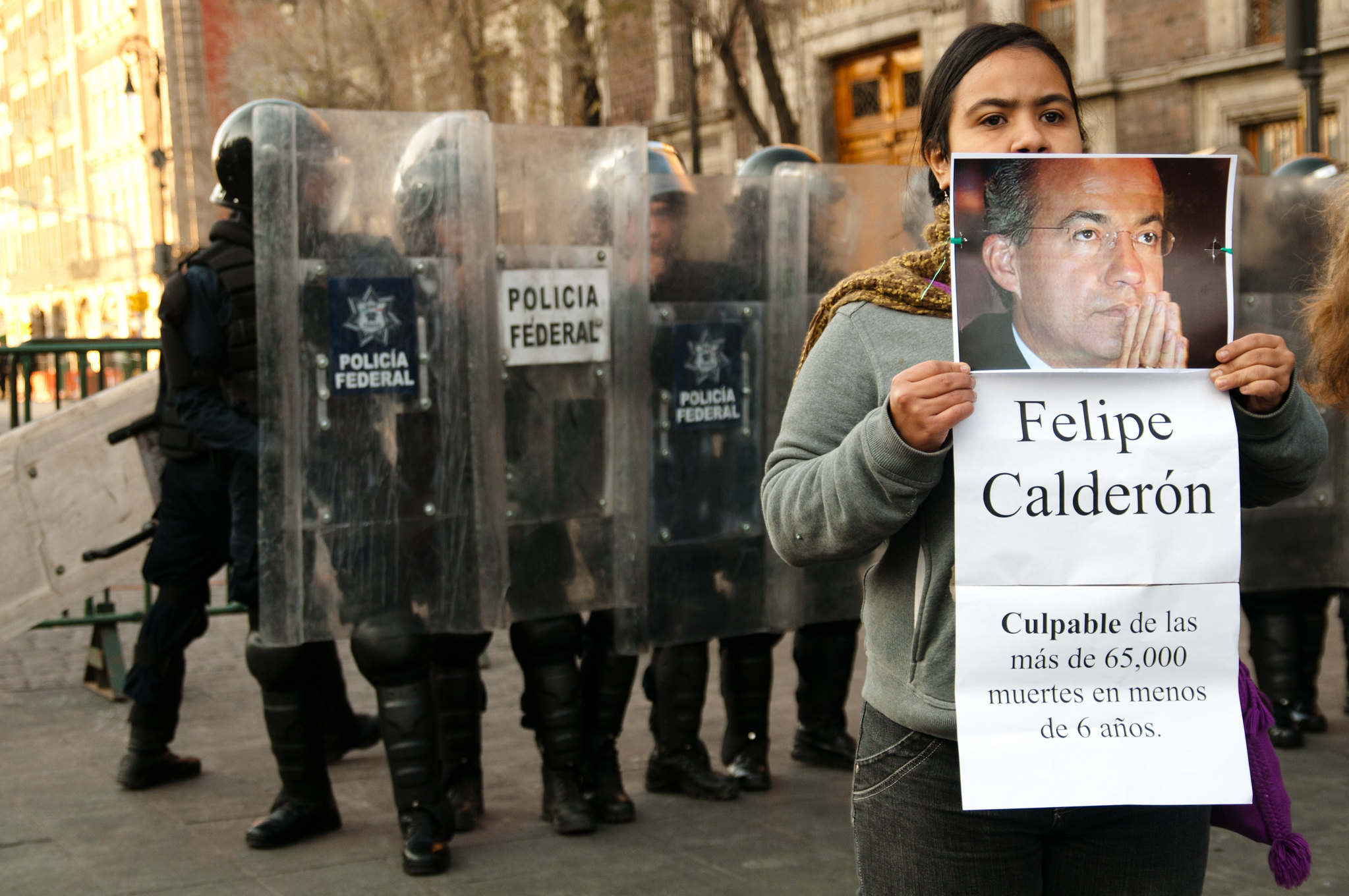IGCC Dissertation Fellow Series
Guest post by Igor Acácio
In Rio de Janeiro and other parts of Brazil, criminals virtually have life or death power over large swaths of the territory. Police forces are frequently part of the problem, not the solution. In recent days, in a classic example of excessive use of police force, the Rio civilian police invaded the favela do Jacarezinho and left at least 28 dead. If one takes Mexico, El Salvador, or Brazil’s past as prologues, what is missing from this story? Notably, the involvement of the armed forces in anti-crime missions—despite the fact that President Jair Bolsonaro is a former military officer with an electoral platform that promised more military deployment for such missions. As a matter of fact, the military is not enforcing the stay-at-home orders during the COVID-19 response, unlike most Latin American countries.
Why would a tough-on-crime militaristic right-wing populist leader in a country with an established past of military deployment for public security not deploy troops in anti-crime missions?
For almost three decades, hundreds of so-called “Guaranteeing Law and Order” (GLO) deployments, operations that constitutionally allow the president to deploy the military against criminal activity, took place. Their size and scope grew in the last decade. Rio de Janeiro had two massive GLOs, in the Alemão and Penha communities (2010–2012), and the Maré community (2014–2015). In 2018 then President Temer went further, ordering the military to lead a federal intervention in the public security sector of Rio de Janeiro, with command of all security forces in the state. Army generals were tasked with leading the effort, which ended in December 2018. In that same year, former army captain Jair Bolsonaro was elected president. Bolsonaro’s electoral platform included a heavy dose of tough-on-crime policies. The military actively became part of his administration, with officers in the cabinet and thousands of governmental posts. Twenty-seven months into his term, no sizeable military deployment for public security purposes has taken place.
The key to understanding this puzzle lies in civil-military relations, particularly the influence the government has over the military and how militaries can shape their deployment.
David Pion-Berlin and I have been developing a framework to explain military behavior in domestic deployments. We focus on conditional compliance, a gray area between troops fully complying with presidential directives or fully defying them. Before orders are issued, the brass may lobby for favorable deployment conditions to obtain resources and salary hikes. More commonly, they seek protections from the legal consequences of their actions on the ground. We refer to this as pre-deployment lobbying. Once ordered to deploy in an overall low governmental monitoring environment, they may avoid confrontation, executing siege operations instead. We refer to this as post-deployment conditional compliance. Some factors shape their choices, notably the fear of prosecution for human rights violations, and what they regard as their professional mission and their societal role. Brazil illustrates variations of pre-deployment lobbying and post-deployment conditional compliance.
The low levels of military deployment for anti-crime missions during the Bolsonaro administration present itself as a case of pre-deployment lobbying. Military behavior has been shaped by fear of prosecution and by the military’s mission beliefs and their concerns of overall prestige in Brazilian society, with more relative weight to the former.
During fieldwork in Brazil, I interviewed military commanders and decision-makers. I have found that officers view deployments as a potential source for losing societal prestige. They believe performing policing duties is something governments will ask and the military needs to be prepared for it, but they always emphasize that the symbolic risks of executing these missions are substantial. Since the democratic transition, they have strived to recover their public image and become a trusted institution. In these domestic operations, the military has been involved in at least 32 deaths in security. Officers perceive these casualties as having harmed the military’s reputation, with troops occupying the front pages of newspapers having killed citizens they are supposed to protect.
The military’s proximity to Bolsonaro, particularly in a context where their reputation is already at risk for being blamed by failures of the Bolsonaro administration, makes deployments in policing roles unlikely. Officers are in a privileged position to lobby against them. Fear of prosecution plays a limited role because since 2017, crimes committed by military personnel in the context of GLO operations fall permanently under the military courts’ jurisdiction. This was a case of pre-deployment lobbying before the Federal Intervention of 2018, assuring legal coverage of military personnel operating in domestic missions.
Right-wing populists tend to deploy their militaries domestically. Presidents often seek and succeed at co-opting their armed forces, but in doing so they increase the military’s leverage. What I have learned from my fieldwork is that increases in military leverage allow officers to act on their mission beliefs: if they believe the army should be deployed to address forest fires in the Amazon instead of policing the streets of Rio de Janeiro they will do so. This is a suboptimal outcome that fails to advance both the military’s national defense mission and the principle of democratic control over the military—in a country facing serious risk of democratic backsliding. It also does not absolve the Brazilian military of its responsibility in participating front and center in an administration responsible for the catastrophic management of the COVID-19 pandemic. Nonetheless, life in Brazil could be even more tragic if a tough-on-crime right-wing populist manages to send in thousands of army troops to the Brazilian favelas.
Igor Acácio is a PhD candidate in political science at the University of California, Riverside and a University of California Institute on Global Conflict and Cooperation (IGCC) Dissertation Fellow. His dissertation investigates the politics of military deployment for public security missions in Latin America.







